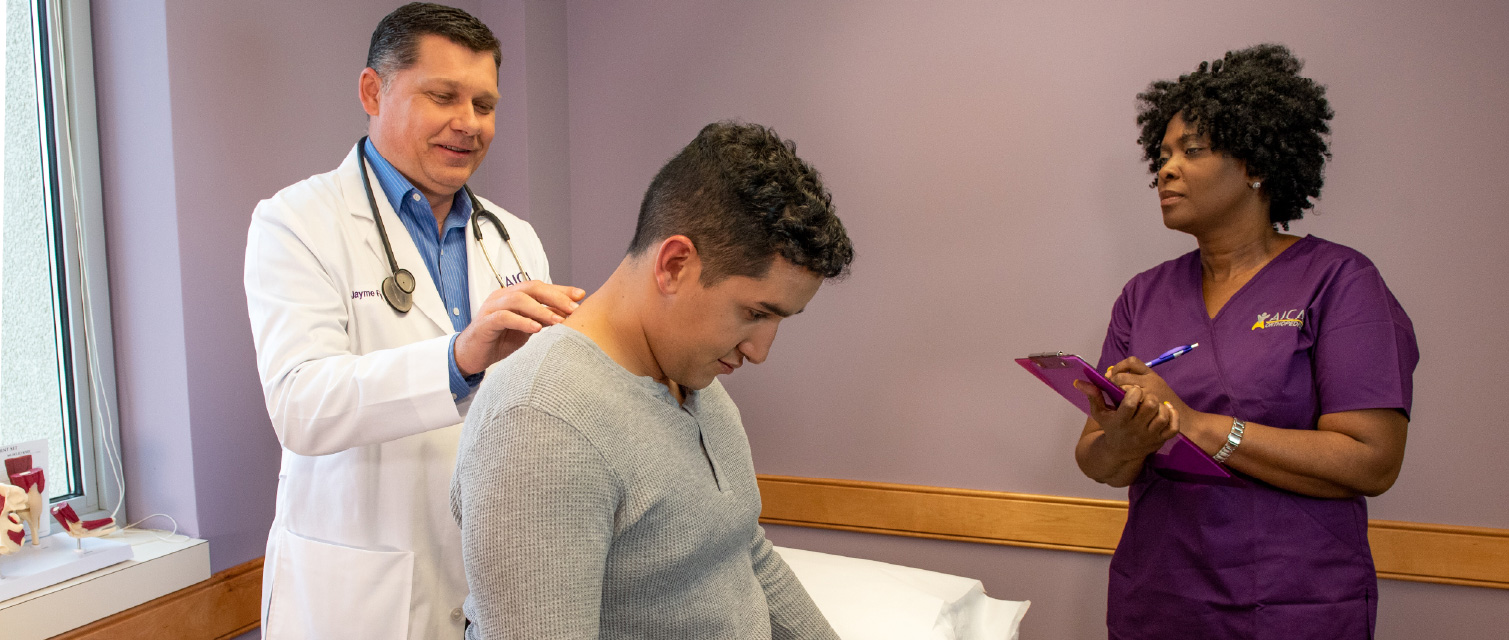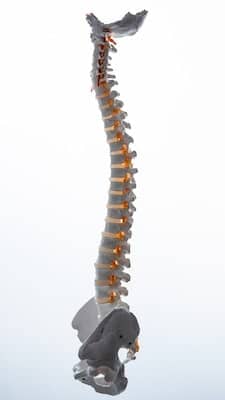
Spinal Decompression Surgery
Spinal Decompression Surgery
Spinal decompression surgery is an option used to relieve back pain caused by bulging, herniated or degenerating disks. These issues cause pressure to build upon the spinal cord and the surrounding nerves. As the pressure builds up swelling and inflammation can occur. Spinal decompression surgery is a process that will result in that pressure being released and the inflammation and swelling to be done away with leaving you feeling much better because you finally have relief from the pain. There are nonsurgical options if you are experiencing these symptoms but if pain persists then your doctor may recommend surgery to help relieve the pain. Decompression surgery is becoming more common as a treatment for different back issues especially lumbar spinal stenosis. If you are experiencing lower back pain or any other symptoms caused by pressure and compression of the spinal cord and the nerves around the spinal cord spinal decompression surgery may be right for you. There several symptoms that might indicate that you need to have spinal decompression surgery and if your doctor recommends surgery there are three general types of spinal decompression surgeries that may be good options for you. Come visit us today and begin your journey to a pain-free life.
When Should I Have Surgery?
Spinal Decompression Surgery is an effective treatment for anyone dealing with any of the following symptoms: if you are feeling pain, particularly in the lumbar spine (that’s your lower back) if the pain is severe that may mean surgery is a potential option. Other symptoms may also include a tingling sensation known as neuropathy. Some people also experience a feeling of weakness in their back that may affect their balance and sense of stability which may cause further injuries and pain in the future. Spinal decompression surgery can be effective in producing results and leaving you feeling much better and without pain. Spinal stenosis may result due to nerve compression affecting balance and causing tingling not only in your back but also in the legs, feet, arms, hands and other extremities. Back pain and these other symptoms can be very disruptive to your life so speak with your doctor to see what she or he recommends in regards to treatment. Spinal decompression surgery may be the right option for you.
What Are the Different Types of Spinal Compression Surgery?
 There are five different types of surgery for decompression. There is Laminectomy which means removal of the lamina. The term lamina means “plate” or “layer”. What happens with a laminectomy is the removal of the bony lamina where the surgeon will remove the facet joints and ligaments that are causing the pain. These joints are located above the spinal cord and nerves. There is also Laminotomy as an option for decompression surgery. While the names of these two surgery options might sound similar and possess the same root word, Laminotomy is an orthopedic neurosurgical procedure that removes part of the thin layer of tissue of a vertebral arch to relieve pressure.
There are five different types of surgery for decompression. There is Laminectomy which means removal of the lamina. The term lamina means “plate” or “layer”. What happens with a laminectomy is the removal of the bony lamina where the surgeon will remove the facet joints and ligaments that are causing the pain. These joints are located above the spinal cord and nerves. There is also Laminotomy as an option for decompression surgery. While the names of these two surgery options might sound similar and possess the same root word, Laminotomy is an orthopedic neurosurgical procedure that removes part of the thin layer of tissue of a vertebral arch to relieve pressure.
Another type of spinal compression surgery is Foraminotomy. Foraminotomy is performed when a disc on your spine has degenerated. When there is disc degeneration it can cause the foramen height to flatten, decrease, or collapse. The foramen is an opening that allows neural nerves the ability to connect with the spine. The foramen needs to have a height that will allow for there to be no interference with the nerves. When this happens you may experience some of the symptoms mentioned above and your doctor may prescribe Foraminotomy to alleviate pressure caused by foramen and neural nerve interaction. Laminaplasty is also a different type of decompression surgery. Laminaplasty is intended to open the space or sometimes to increase the space for the spinal cord and nerves so that the nerves will not be pinched. Laminplasty is done by an incision in the back of your neck, as Laminaplasty is strictly a cervical procedure. The cervical part of the spine is the neck. So this is a neck surgery.
The last type of surgical decompression surgery is Discectomy. Discectomy is the surgical removal of a complete disc that has degenerated and is causing great pressure on the nerves in the spinal cord. After a discectomy, the recovery can vary. It takes about one to four weeks to recover depending on the overall health of the individual.
Living life in pain can detract from other aspects of your life other than just your physical well-being. Pain can affect your mental health and the other people in your life as well. You don’t have to live with pain. Talk to your Orthopedic Specialist at AICA Orthopedics about all of the symptoms you are experiencing and ask if spinal decompression surgery might be right for you. After a brief recovery, you can have your life back again.
Citas el mismo día
Programa tu cita hoy.
¡Empieza tu recuperación!
Dónde ¿es tu dolor?
AICA es donde Atlanta acude para mejorar más rápidamente. Tratamos fracturas óseas, roturas de ligamentos, lesiones de tejidos blandos, lesiones medulares, dolores articulares, traumatismos craneoencefálicos, afecciones ortopédicas y mucho más. Lo que quieras, ¡lo tratamos! Haz clic a continuación para saber cómo diagnosticaremos y trataremos tus lesiones en AICA.
- Estoy lesionado y sufro
- He sufrido lesiones en un accidente de tráfico
- Select Closest Pain Point





















































